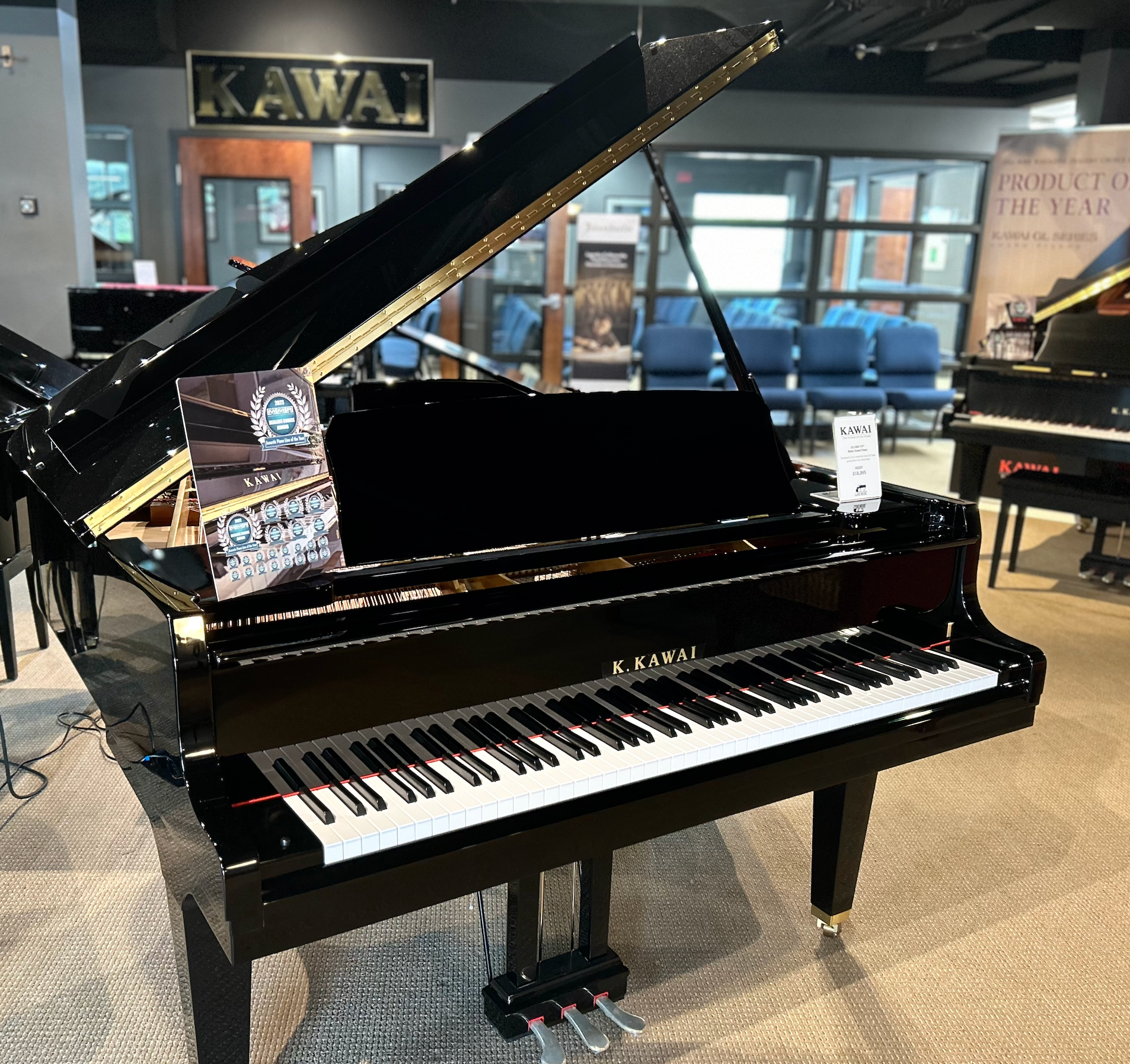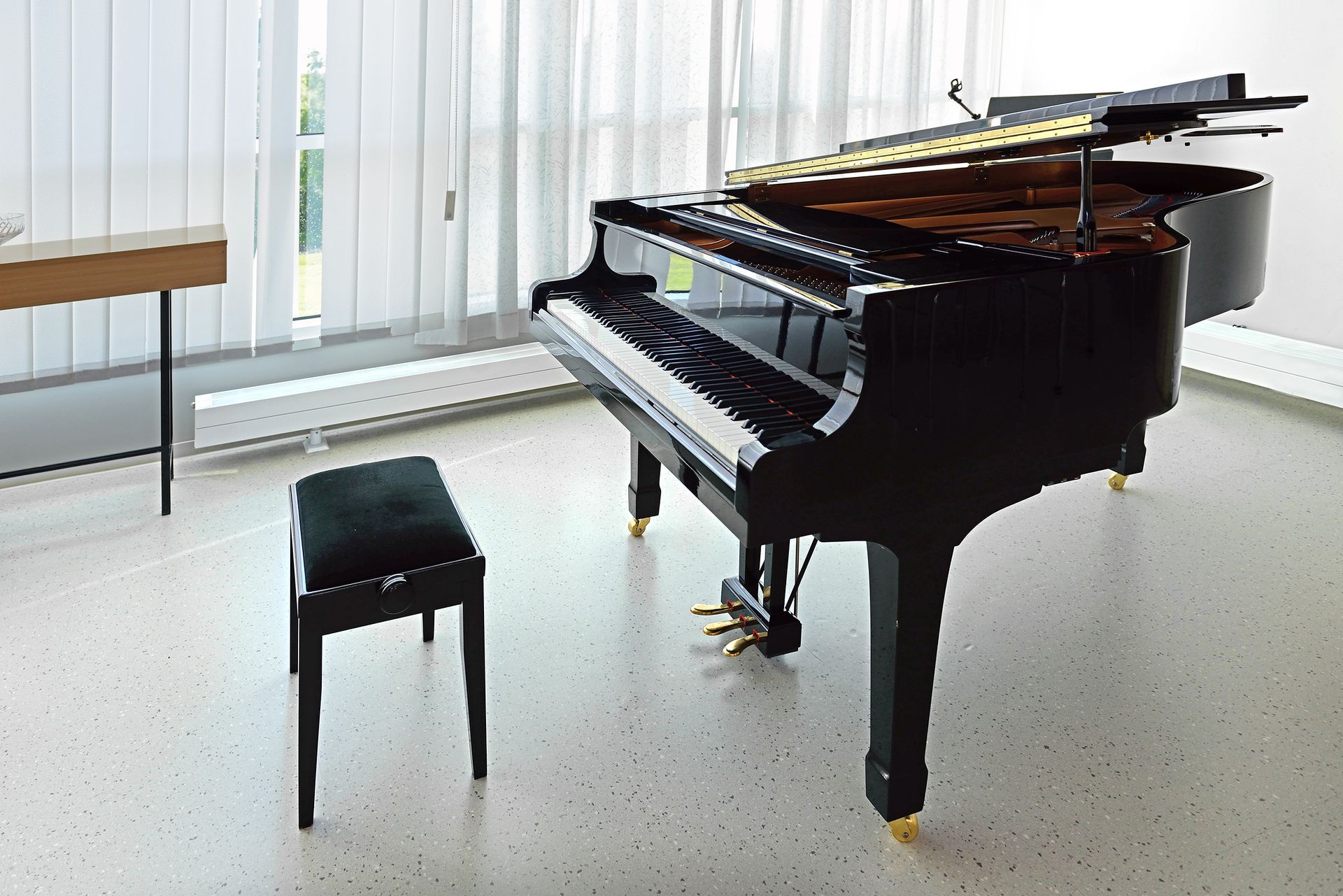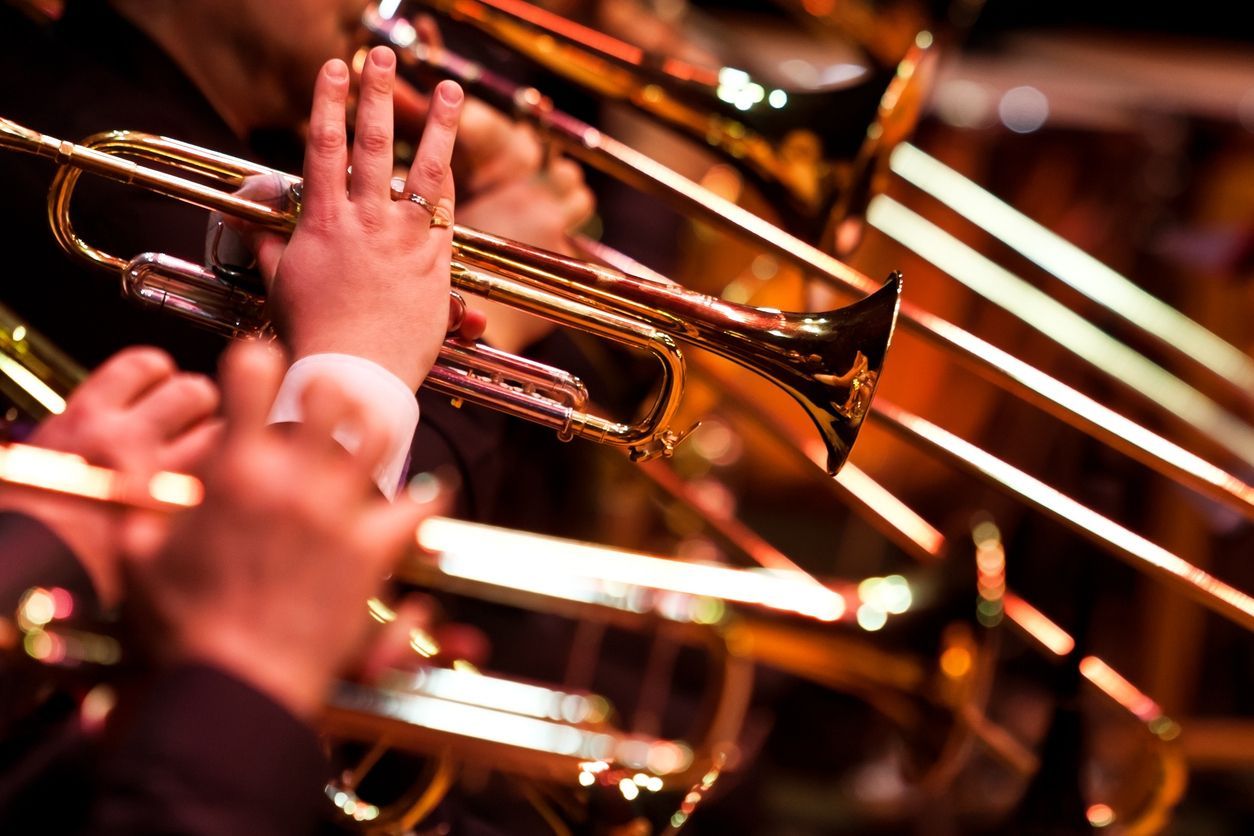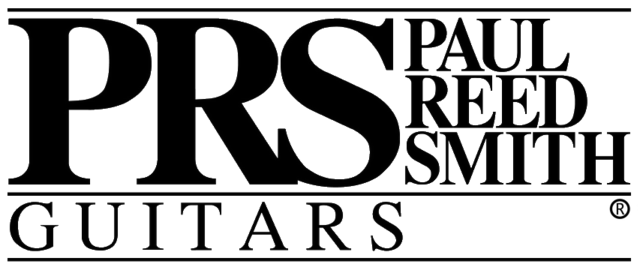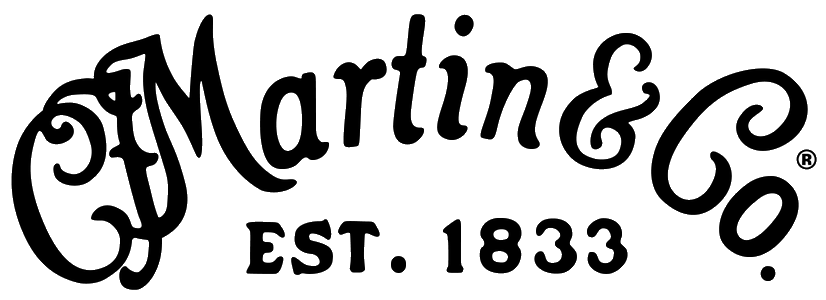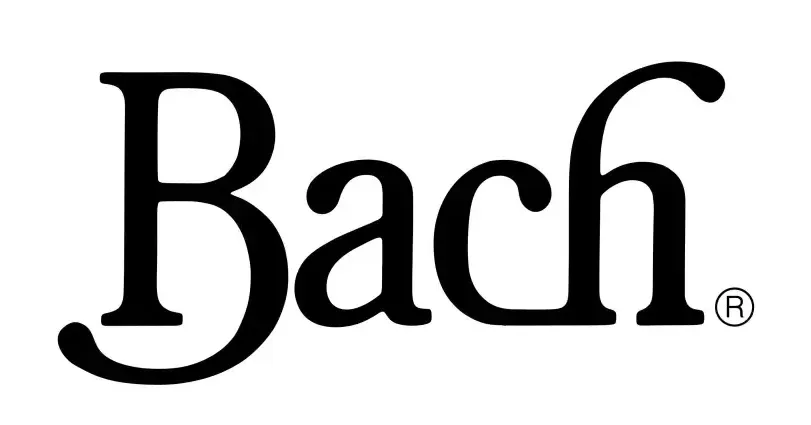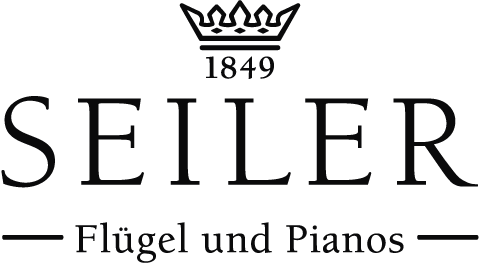The Significance of Music Lessons in Adult Life
The Significance of Music Lessons in Adult Life

Music has a unique ability to transcend boundaries, enrich our lives, and connect us to others. While many people associate music lessons with childhood, learning to play an instrument or sing as an adult can be equally rewarding, if not more so. Here, we explore the profound benefits of music lessons in adult life, from cognitive improvements to emotional well-being and beyond.
Cognitive Benefits
Learning music engages multiple areas of the brain, enhancing memory, focus, and problem-solving skills. Studies have shown that playing an instrument stimulates neuroplasticity, the brain’s ability to adapt and form new connections. This can be particularly valuable for adults looking to maintain mental sharpness as they age.
Music also improves auditory processing, which can benefit language skills and comprehension. For adults juggling professional and personal responsibilities, these cognitive enhancements can translate into improved productivity and decision-making.
Emotional Well-Being
Music has long been celebrated for its therapeutic qualities. For adults, music lessons provide a creative outlet for self-expression and stress relief. Whether you’re strumming a guitar, playing the piano, or singing your favorite songs, the act of making music can help reduce anxiety and improve mood.
Additionally, setting and achieving musical goals—such as mastering a song or learning a new technique—can boost self-esteem and foster a sense of accomplishment. This is especially beneficial for adults seeking balance and fulfillment in their daily lives.
Social Connection
Music lessons often create opportunities for social interaction. Joining a band, ensemble, or choir allows adults to connect with like-minded individuals who share a passion for music. These connections can lead to lifelong friendships and a sense of community.
Even one-on-one lessons with an instructor offer a chance to build rapport and engage in meaningful, collaborative learning. For adults who may feel isolated, these interactions can be incredibly enriching.
A Lifelong Skill
Unlike many hobbies, music is a skill that can be enjoyed for a lifetime. Learning an instrument or vocal techniques as an adult ensures that you have a creative pursuit that stays with you, offering joy and personal growth for years to come.
Furthermore, music is a universal language that transcends cultural and linguistic barriers. This makes it a wonderful skill to share with friends, family, and even strangers.
Physical Benefits
Playing an instrument can improve fine motor skills and hand-eye coordination. Instruments like the piano or violin require precise movements, which can enhance dexterity and strengthen muscles.
For adults looking to stay physically active, music lessons can complement other forms of exercise. Drumming, for example, provides a cardio workout, while singing promotes healthy breathing techniques and lung capacity.
A New Perspective on Learning
As adults, we often approach learning with a results-oriented mindset. Music lessons encourage a different perspective—one that values the process of learning itself. This mindset fosters patience, resilience, and an appreciation for incremental progress, all of which can be applied to other areas of life.
Getting Started
It’s never too late to begin your musical journey. Many music schools and private instructors offer lessons tailored specifically to adult learners, with flexible scheduling and customized curriculums. Whether you’re revisiting an instrument you played in your youth or starting fresh with something entirely new, the possibilities are endless.
Music lessons in adult life are more than a hobby; they are a gateway to enhanced mental, emotional, and social well-being. By investing in music, adults can discover new passions, forge meaningful connections, and enjoy the lifelong benefits of this timeless art form. So, pick up that instrument, find a teacher, and let the music begin!
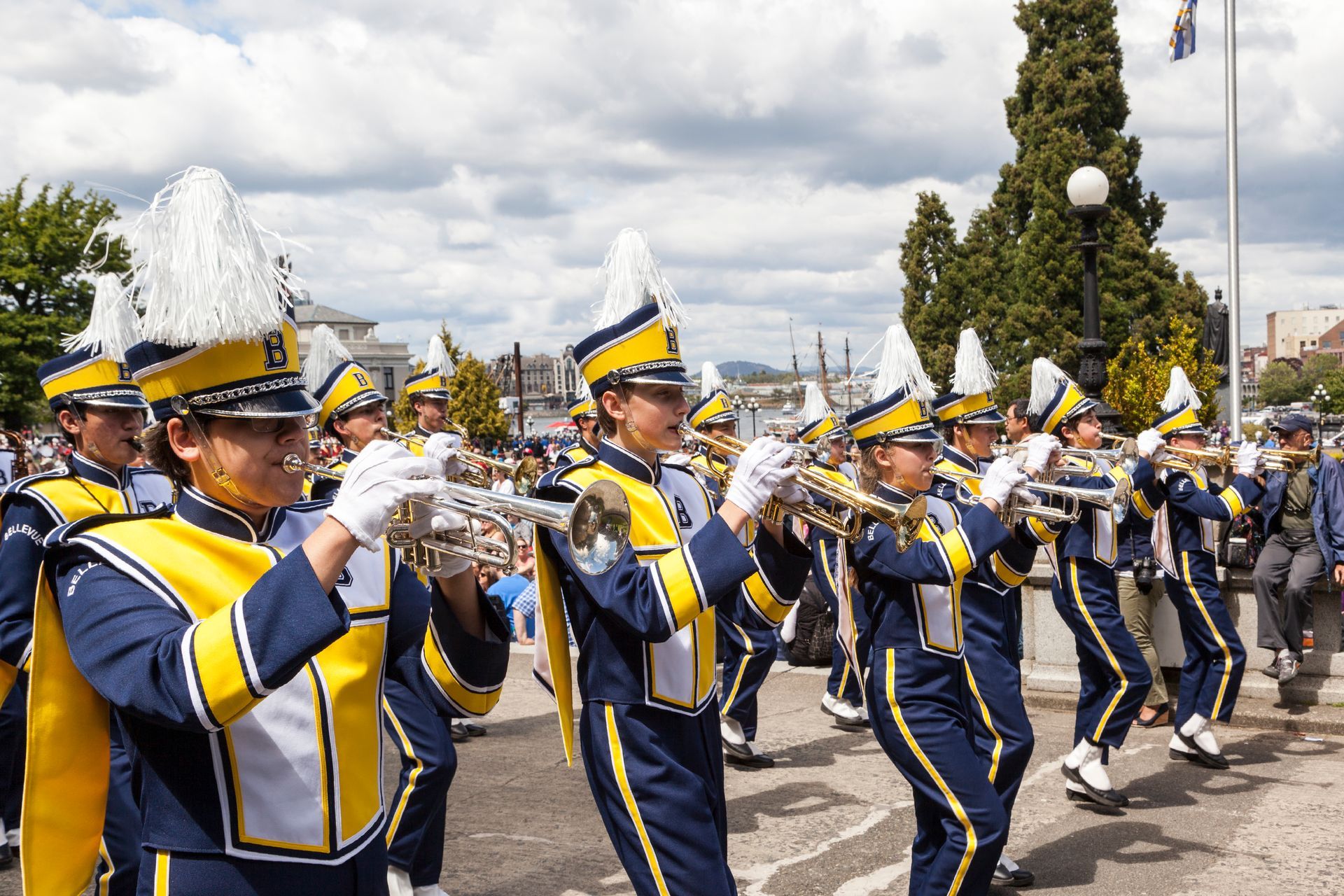
LANE MUSIC has 3 Locations Across Tennessee
Nashville, Memphis & Knoxville
Do you live too far away? We ship!
- Mon - Fri
- -
- Saturday
- -
- Sunday
- Appointment Only
All Rights Reserved | Lane Music | Privacy Policy


